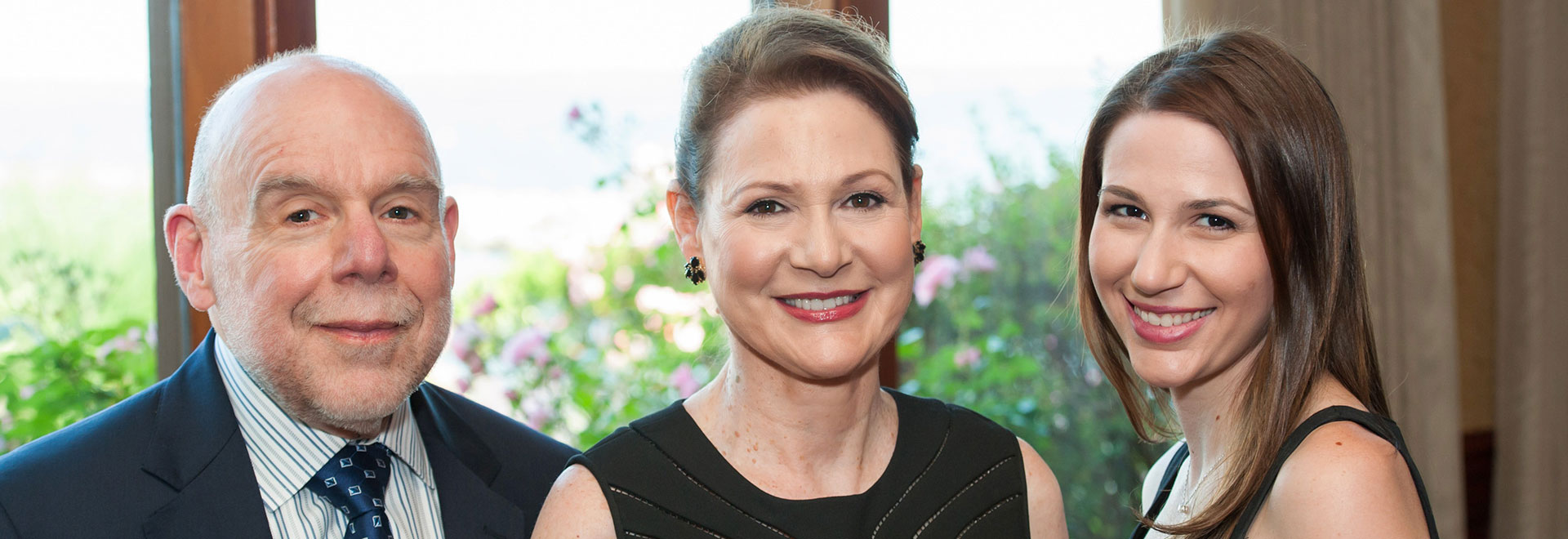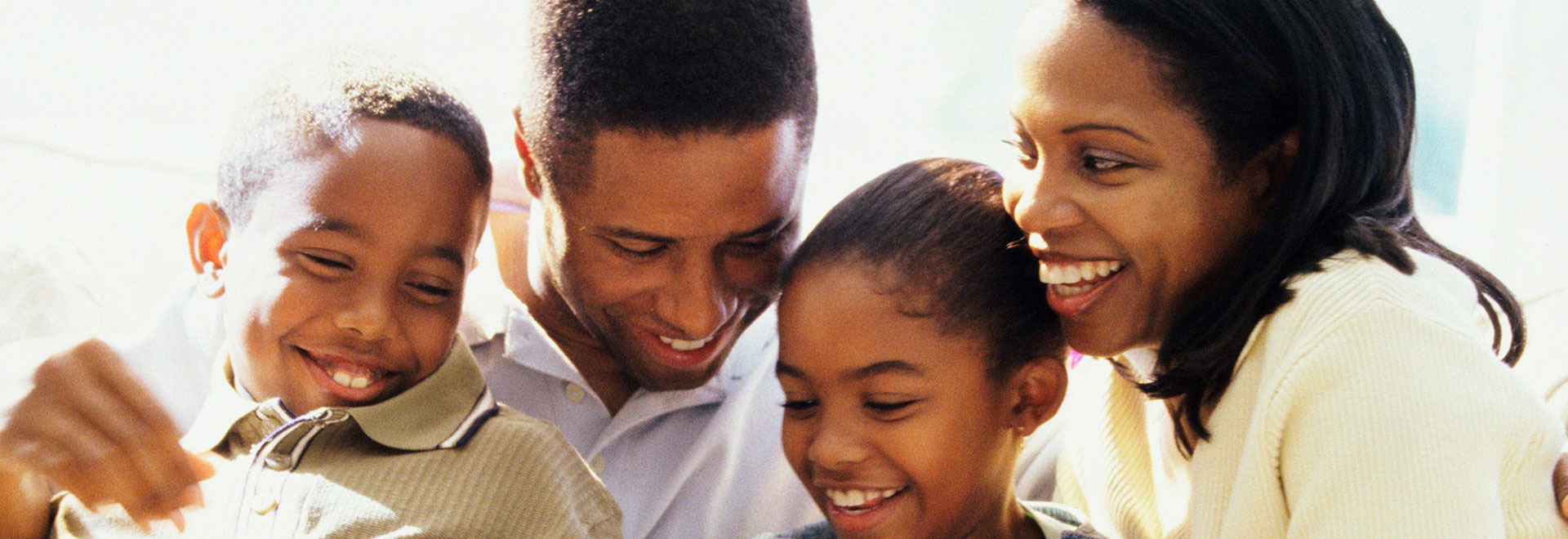Search Site
Call For Consultation
914-949-6700
Creative. Dedicated. Skillful.
New York Family Law Attorneys With More Than 90 Years of Combined Experience
About the Firm
White Plains Family Lawyers Work to Resolve Disputes Favorably
Responsive New York attorneys guide clients through divorce and parenting matters
Going through a divorce or some other family transition can trigger intense emotions and conflicts. During these difficult times, it is crucial to handle legal issues associated with divorce, child custody and other domestic concerns effectively. At Carton & Rosoff PC in White Plains, our New York attorneys have more than 50 years of combined service representing family law clients. No matter what you’re facing, we are committed to helping you tackle these challenges so that you can protect your interests, safeguard your well-being and take care of those you love.Trusted firm offers responsive legal guidance for custody and support cases
Since 1988, we have provided skilled representation to family law clients in Westchester County and the surrounding areas, including Rockland, Dutchess and Putnam counties. Over the decades, we have built a reputation in the Hudson Valley and beyond for being:- Thorough strategists — Each family is unique and the same goes for divorces and other legal actions that pertain to domestic matters. By providing personalized guidance to each person we represent, our firm establishes strong relationships with clients based on mutual trust. Drawing on our knowledge and experience in this field, we outline the pertinent legal standards and create an effective strategy geared to your particular circumstances and goals.
- Skillful negotiators — As seasoned New York litigators, we can anticipate opposing arguments and how courts might handle specific questions, giving our clients the ability to negotiate from a position of strength.
- Accomplished trial advocates — When going to court is the best way to achieve your objectives, you can rely on us to be effective advocates in all types of family law proceedings.
Areas of Practice
Knowledgeable advisers assist with adoptions and prenuptial agreements
Confronting family law challenges can be tough, but you shouldn’t hesitate to get the counsel you need from a dedicated lawyer on matters relating to:- Divorce — If you’re going through a divorce or want to explore the possibility of a legal separation, we offer personalized counsel so that you have a full understanding of your options.
- Child custody and support — We advise clients on custody and child support issues so that sons and daughters are able to maintain strong relationships with each parent regardless of the particular living arrangements. Our family lawyers also assist with enforcement actions and modifications to existing orders.
- Adoption and guardianship — Accepting parental responsibilities is an important commitment that requires knowledgeable legal guidance. In adoptions and guardianship matters, we help families and individuals make the strongest presentation possible.
- Prenuptial agreements —By drafting and negotiating enforceable prenuptial agreements, our firm gives individuals the ability to safeguard their assets in case the marriage ends in divorce.
- Mediation — Often, mediation is a more amicable and cost-effective method to resolve conflicts over divorce terms and other family law concerns. Even when serious disagreements are present, our experienced attorneys can often help you reach consensus with the other side.
Contact
Speak with an experienced New York family lawyer regarding your situation
Carton & Rosoff PC represents clients in a full range of family law matters, including divorces, custody disputes and adoptions. We serve Westchester, Rockland, Dutchess and Putnam counties as well as New York City. For a consultation regarding your concern, please call 914-949-6700 or contact us online. Our office is in White Plains.Choose a location to review
Carton & Rosoff PC Law office locations:








